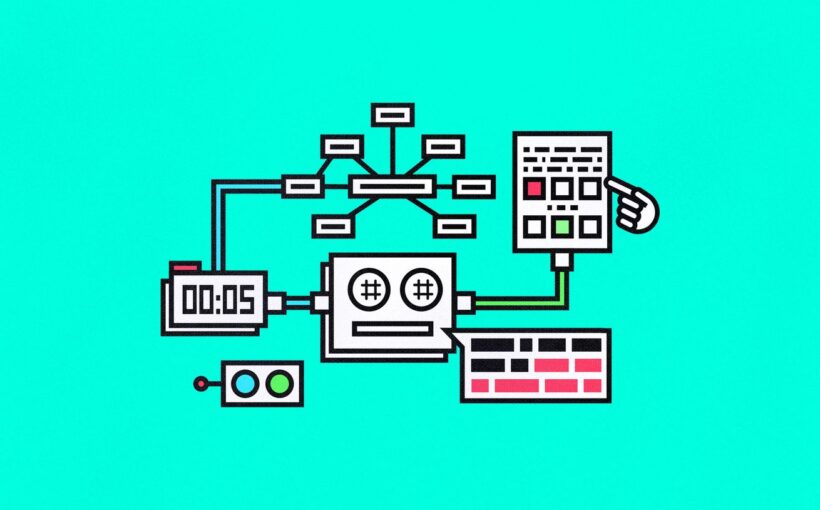The rise of Open AI has ignited an AI boom, but let’s not forget Open AI was founded in 2015 and raised over $300 million. Your average startup doesn’t have that amount of time or money to get a product to market. Having triggered the AI hype, Open AI has also managed to grow without regulatory authorities peering over its shoulder watching its every move. This kind of luxury will be a thing of the past.
SwissCognitive Guest Blogger: Eleanor Wright, COO at TelXAI – “Will AI Regulation Stifle Innovation and Kill Startups?”

Being a startup is like pushing a boulder up a hill, you are constantly trying to convince people to help you get that boulder to the top of the hill. The introduction of regulation into this analogy is having to stop every six months at a barrier to justify why you are getting that boulder to the top of the hill. It’s time-consuming and frustrating and sometimes you witness people passing through those barriers question-free. These barriers will come at a cost, and that cost is even less startups will make it.
As such, the impact of regulation on AI should not be underestimated. If it’s implemented with a heavy hand a lot of startups will collapse before they’ve had a chance to get going. We have witnessed the effect of regulation within the medical sector and how VCs avoid regulatory-heavy sectors like the plague. In addition to this, dealing with regulation is costly, and only those with deep pockets manage to navigate their way through the landscape.
Although fear of the unknown may lead governments down the regulatory path, some governments will avoid regulation just to get their startups to the top of that hill faster. Furthermore, regulation opens the door to corruption, as those who regulate the future of AI have the power to determine the winners and losers of AI.
So is regulation needed, and can intelligence be regulated whether it’s artificial or not?
The notion of regulating intelligence may sail a little too close to censorship for some, whether it be human or machine intelligence that we are regulating. History has taught us that censorship and regulation can do more harm than good, it allows some to prosper and wield power whilst suppressing the ideas of others.
If the future of intelligence is constrained by regulation, we will almost certainly see an imbalance in winners and losers. The winners will be those who can command Open AI levels of investment and all the bias that comes with that. Western AI powerhouses will use regulation as a strategic tool for securing contracts and customers, whilst more authoritarian AI systems will overtly exert control. Either way, AI constrained by regulation may be a more suppressive future than AI unleased.
Thus, if AI is to expect a future of regulatory hurdles to jump through, it is important that these hurdles be democratic in nature and not just a money game. Those who can’t afford to raise the AI regulatory figures but have cutting-edge technology must be given an alternative route to financing. Whether it be through grants or subsidies, the bias that has plagued the venture capital game should be taken even more seriously if AI regulations come into effect.
About the Author:
 Holding a BA in Marketing and an MSc in Business Management, Eleanor Wright has over eleven years of experience working in the surveillance sector across multiple business roles.
Holding a BA in Marketing and an MSc in Business Management, Eleanor Wright has over eleven years of experience working in the surveillance sector across multiple business roles.
Der Beitrag Will AI Regulation Stifle Innovation and Kill Startups? erschien zuerst auf SwissCognitive, World-Leading AI Network.



